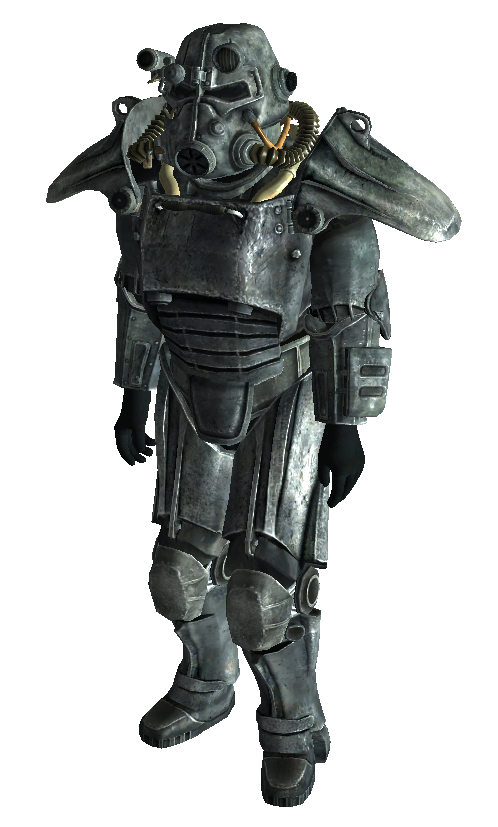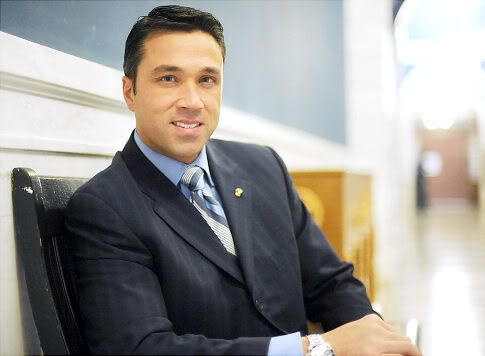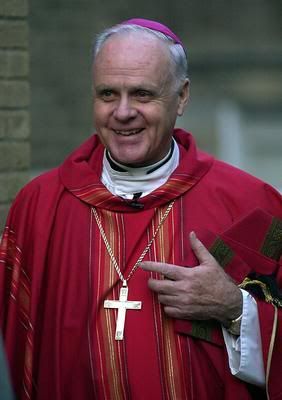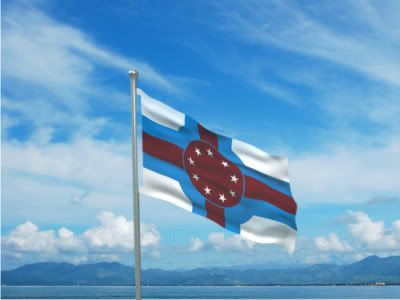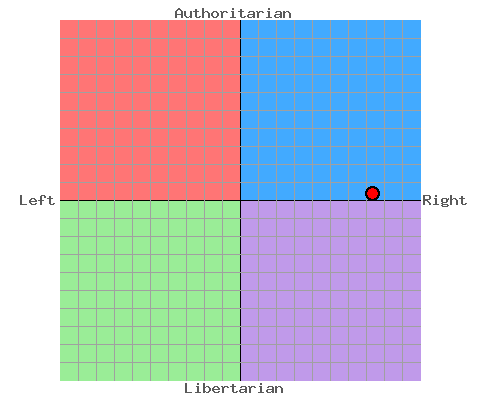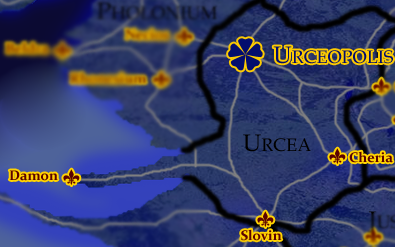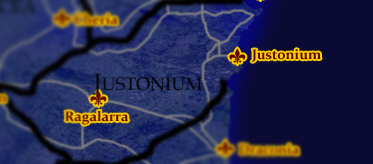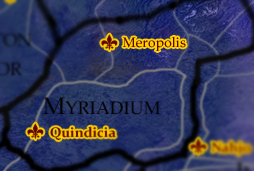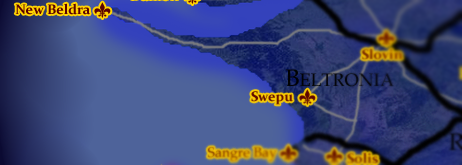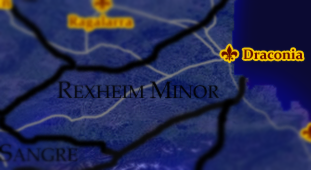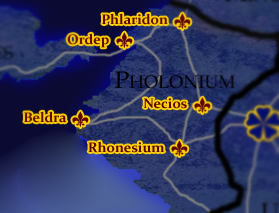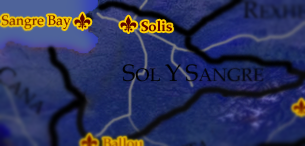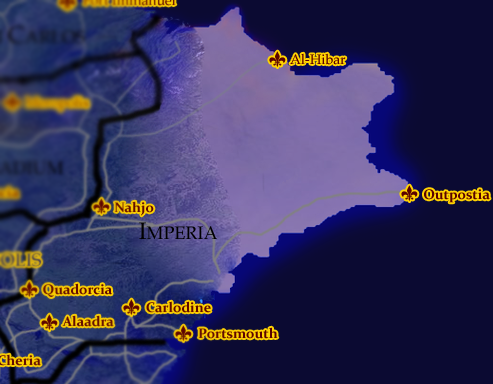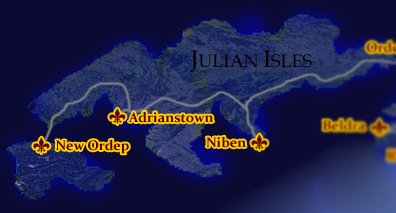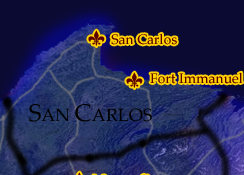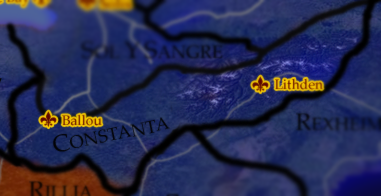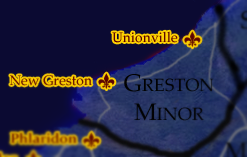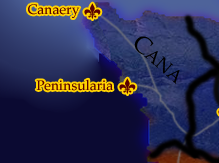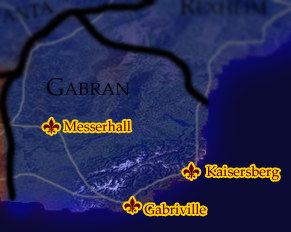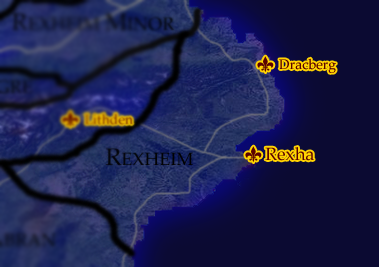Urcea's involvement in power armor programs dates back to 2017, during the climax of the Civil War. While still basing operations in Constantinalia, Emperor Julius VII was determined to gain any sort of upper hand on the fascist regime in Urcea. A group of military scientists and industrial giants were gathered in secret, and they met for two straight months until, after countless days and many arguments, a single, brilliant idea was forged. Although the soldiers on both sides wore "assisted armor", the group formulated the idea for fully powered armor, which could make any man a tank in his own right. Research and development began, but the program was pushed to the "back", so to speak, once a number of Urcean officials, military, and civilians switched sides from the fascists to the royalists.
After the Civil War was won, Julius VII was still determined to push forward with the power armor program, as he felt it gave Urcea a great advantage over any potential rivals. Now being developed in secret by an elusive government organization called Torchwood Institute, the power armor program began to take shape, culminating in the Mk. 1 power armored suits, a large, clunky prototype developed in late 2032. Torchwood Institute's existence was only known by a few people, Emperor Julius VII being one of them. So when he abdicated the Throne, and the Empire split, the Institute's future fell into uncertainty. However, with Julius again ascending to leadership in Urcea, this time as its President, the Institute became solely dedicated to the Republic.
Since the Republic, in early fighting, was overwhelmed by Imperial soldiers in the Second Great War, Julius Nero again looked into several different ways to gain the upper hand. One of them was to tell Torchwood to press the Power Armor units into service. Despite the fact they were not nearly refined as they could have been, Torchwood went public, and the government negotiated contracts with several industrial entities to produce Mk. 1 power armor en masse. In early combat showings, they were very effective - Imperial soldiers were unable to effectively combat, despite superior numbers, the better armed and better armored Republican Power Armored Units. Effectiveness decreased as the war progressed and the Imperials began to use armored divisions to combat Power Armor, so President Nero again called upon Torchwood. By this time, they had produced the Mk. 2 power armor, a much more mobile piece of power armor with generally the same carrying and protection capabilities. Mk. 2 armors began to be produced, but saw limited combat use during the Second Great War. Older Mk. 1 armor sets began to be sold off as part of the post-war reduction of arms. Production of all power armor units came to an end around the same time, and even the new Mk. 2 units were put into storage. During 2037, many remaining armors were used in a humanitarian fashion; following the nuclear detonation that destroyed Julianum, the power armored units were used by the Republic to conduct search-and-rescue operations in the city, trying to reach most Vaults. They saved a great many people, and were all very well rewarded for their service.
Torchwood itself was sold off by Congress to a private corporation, called Vault-Tec, which infamously built a large number of nuclear fallout vaults across the country during the Uijukun Nuclear Scare. Vault-Tec, which is a large industrial producer, is now the sole owner of power armor production rights and only supplier of power armor units to the Urcean government.
As for the ability of the power armor, it has been estimated that, depending upon the wearer, it has the combat effectiveness of something between fifteen to forty five regular infantry soldiers, though the average is about twenty. A soldier wearing power armor can lift up to five hundred pounds of equipment with no effort, and up to one thousand pounds with effort. This allows the soldier to carry and employ a large amount of arms not available to the regular soldier. The effect of recoil is significantly dampened, which means that, factoring in the weight carry increase, a power armored soldier could be equipped with a fifty caliber machine gun, mini gun, or even a Vulcan cannon and use it with little to no effort. Additionally, the power armor's central computer system improves a soldier's combat effectiveness by employing a HUD, which scans the wearers vitals as well as the weapon he is using, and gives the wearer up to date information on that as well as weather conditions, the ability to pick up video communications from both friend and foe, and, if available, up-to-date satellite or aerial maps of his surroundings. The wearer is also afforded several environmental protections, against most kinds of airborne diseases, but also most biological threats, and, infamously, nuclear and radioactive elements. The armor itself is a few layers, the first being a suit that serves various medical purposes, mainly collecting information about the well-being of the wearer, but also having state-of-the-art limited first aid abilities, such as to seal flesh wounds automatically. The second layer is a kevlar suit, also worn by the wearer. The armor itself is composite; the composition is classified, but it is thought to contain ceramics, elastics, as well as an outer layer of depleted uranium. For environmental and human safety concerns, although depleted uranium is considered safe, it is kept safely stored in tight containment units (also designed by Vault-Tec as a "reverse vault", so to speak).


